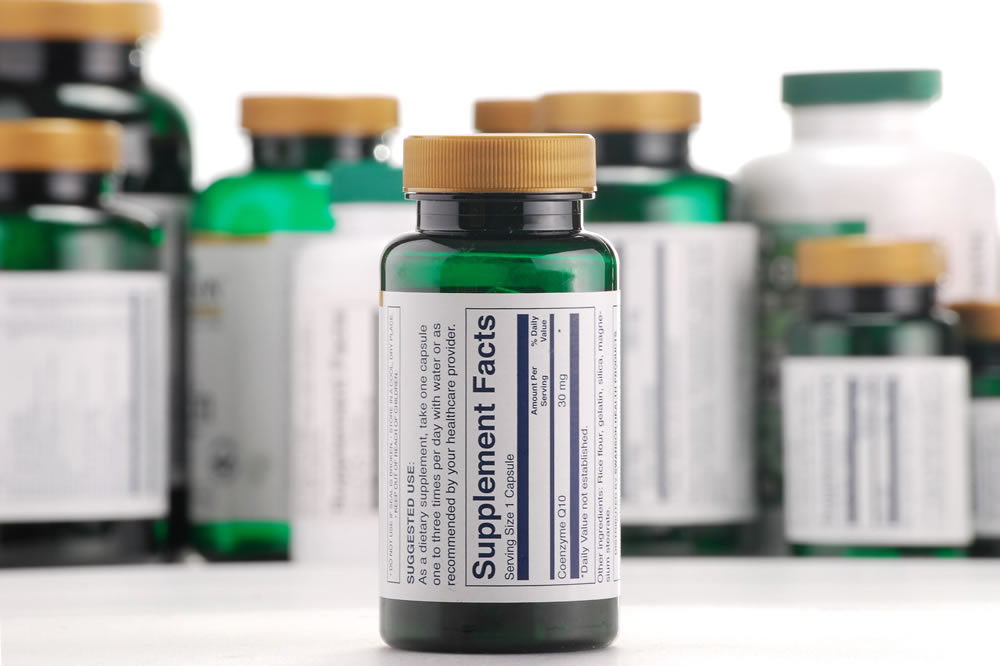Washington, D.C.—The Natural Products Association (NPA) has alerted industry to two pressing attacks against the dietary supplements and natural products industries, and needs individuals to take action against them.
First, NPA announced it is working with members of Congress tooverturn an administrative orderthat would raise prices for dietary supplements and other natural products.
According to a Feb 9, 2016 Administrative Order (No. 346) that was issued without any notice and comment period, all companies distributing dietary supplements in Puerto Rico would have to pay a product-by-product registration per store of $25 for every variation of a supplement by size, color and SKU. Manufacturers would also need to pay an additional $500 application fee, while distributors would pay a $100 application fee.
“This rule is arbitrary, unnecessary and potentially damaging to consumers and economic growth in Puerto Rico. It will drive consumers to the Internet for supplement purchases, which we know is a haven for counterfeiters and fly-by-night suppliers. It will raise prices on the island for vitamins and natural products, which hurts consumers and low income people the hardest. And it will hurt legitimate high-quality supplement providers and distributors here in the continental U.S., who will now have to pay a premium to deliver products to meet growing demand. But most of all, it is unnecessary because FDA and FTC have adequate tools to regulate the industry,” said Dan Fabricant, Ph.D., CEO and executive director of the NPA.
NPA is asking those interested in striking down this order totake action here.
Meanwhile, NPA has learned Sen. Richard Blumenthal (D-CT) wants to tack some burdensome supplements-related legislation onto the Fiscal Year 2017 National Defense Authorization Act (NDAA). Blumenthal wants to require all supplements sold by a commissary store, exchange store or other retail store operating on a military installation to be “verified by an independent third-party for recognized public standards of identity, purity, strength, and composition, and adherence to related process standards,” according to NPA.
NPA feels that the dietary supplement cGMPs sufficiently ensure manufacturing quality and any violations found during an FDA inspection must be corrected immediately. The process is documented by FDA inspectors, and the paperwork is available for the military, or anyone else, to view online.
In addition, FDA does not recognize any third-party auditing firms for dietary supplement compliance, which is another potential problem for Blumenthal’s rules.
Moreover, NPA believes requiring third-party verification will increase the cost of supplements and potentially reduce consumer access to beneficial products.
The NPA said in an official statement, “This is the same tactic Sen. Blumenthal took during last year's consideration of the NDAA. He was resoundingly defeated.”
The group added that this year’s tactic is different: “During the Senate Armed Services Committee mark-up of the FY17 NDAA, Sen. Blumenthal withdrew his amendment from consideration in order to push for its passage when the NDAA comes to the Senate floor for a vote.”
NPA is encouraging industry members to outwardly oppose duplicative and invasive regulatory efforts bytaking action here.
Visit SaveOurSupplements.orgfor the latest information on these and other threats to the fair and legal sale of supplements.
EDITOR'S NOTE: As of May 20, here is a full list of current NPA Grassroots projects:
|
|
Published in WholeFoods Magazine Online, May 19, 2016










